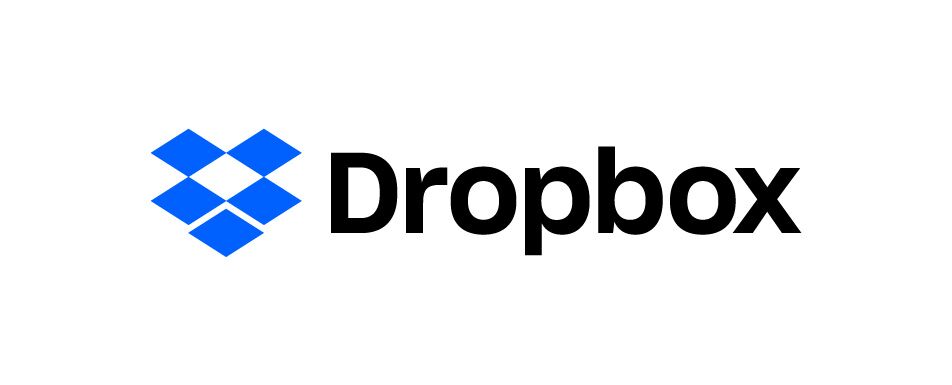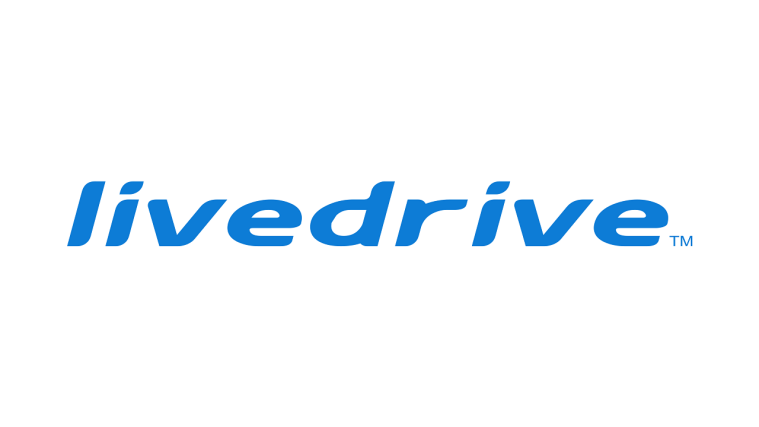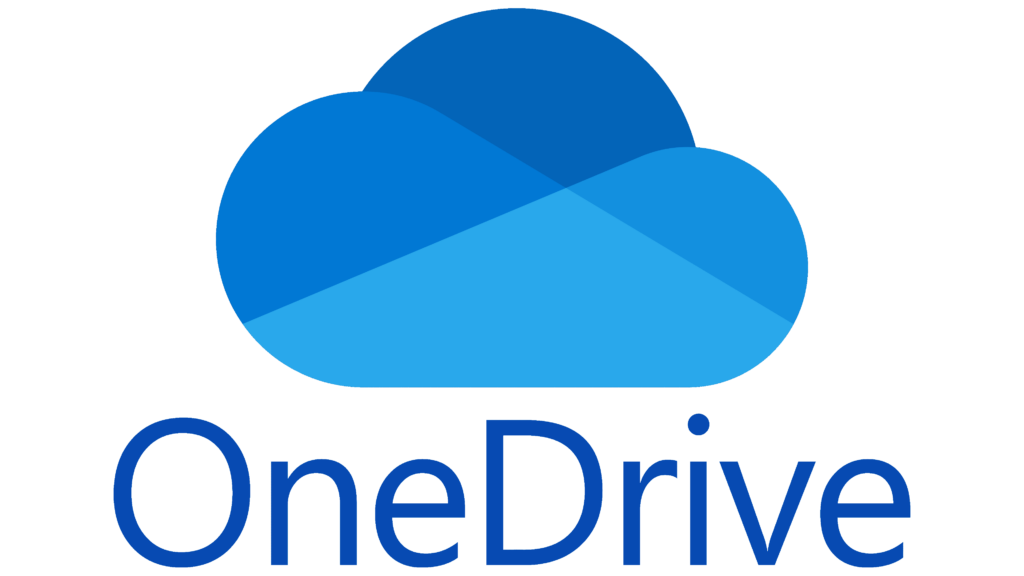What is cloud storage?
Cloud storage is storing data and applications on remote servers and accessing them via the internet, as opposed to saving or installing them on your office server.
The term cloud is used when data is stored on remote servers owned by other companies.
With cloud computing, all your data is stored in the effectively infinite space of the internet, rather than on space-limited hard drives on your business premises.
You can access cloud storage from anywhere on your desktop, laptop, mobile phone or tablet. This means your business info isn’t confined to a single hard drive, server or location.
Even if one server goes down, you can still access your data because it’s also held in another server. This way, you avoid the disaster of data loss if your own on-site server goes down.
>See also: Best UK small business accounting software 2019 – review guide
How does cloud storage work?
When you upload a file into a cloud-based service such as Google Drive or iCloud, the file gets copied over the internet into a data server. Data servers are where companies store your files on multiple hard drives. Most companies have thousands of these servers known as server farms spanning multiple locations, so if one goes down you won’t lose your data because it will be backed up to another location. This is known as “redundancy” and it prevents your data from being lost.
The backend of a cloud storage system consists of data storage, a central server and computer network. The central server monitors the system, tracking demand and ensuring everything runs smoothly.
Can you lose data in the cloud?
Of course, individual cloud servers can fail due to physical damage to the hardware. But while servers or even entire server farms could go out of action, it would be practically impossible for the cloud in its entirety to crash. The cloud, much like the internet, is not just one system reliant on a single connection.
>See also: Best payment processors for UK small businesses – 11 of the best
Cloud storage vs. onsite server – pros and cons
Cloud storage pros
Always-on, 24/7 access to data
Extremely unlikely to have an outage or lose data
Tiered storage, so you only need to pay for what you use
Enterprise-level security
Access your data on any device
Others are responsible if things do go wrong
Reduces IT problems and costs – you don’t need your office computers to be hi-specification, just to be able to connect to the internet.
Saves physical office space
Cloud storage cons
Although a monthly fee per year looks innocuous, it can quickly ramp up into thousands of pounds each year
Buying your own server could be cheaper in the long term
Your data is the property of a third party
Danger of a high-profile company such as Google or Microsoft getting hacked
Cloud storage companies, being private, can unilaterally delete accounts
You need an internet connection, which means data can be stolen in transmission.
Onsite server pros
Faster than cloud-based storage, which depends on broadband connectivity speed (though not to a degree that would be noticeable for most small businesses)
Puts you in control
Decide your own level of security
Cheaper in the long-term
Control who has access to server data
Doesn’t need internet connection
Disconnecting your server from the network keeps your data safe from attack
Onsite server cons
Vulnerable to fire and theft
Complete loss of data if something goes wrong
Expensive and difficult to insure
Tech goes out of date quickly
Your responsibility to maintain and upgrade
How to choose the right cloud storage
Many of the seven providers listed below offer similar services. It might be easiest to simply go with the one you company already uses as its office-suite solution. So, if you have PCs then go for OneDrive; if you’re already using Gmail, then go for Google Drive; if you’re an Apple-based company, then go for iCloud.
Once you decide on a provider, three questions to ask:
How many users will need access?
How much cloud storage will your company need?
Does your cloud storage provider run its own data centre?
What is the best free cloud storage?
To tempt you, small business cloud storage providers offer free space in the cloud. Google Drive offer up to 15GB of online storage space for free. If you think that 1GB is equivalent to roughly 7,000 Word pages. At 15GB, that’s the equivalent of 105,000 Word pages. Dropbox by comparison offers only 2GB of space for free.
BT Cloud goes even further, bundling up to 1TB (1,000 GBs) with broadband subscriptions, so the monthly cost is sunk. Ditto OneDrive, which bundles storage of 1TB and up per user with its monthly Office 365 subscription and OneDrive for Business.
How much does 1TB of cloud storage cost?
OneDrive offers the cheapest 1TB of storage at £8.49 per user per month, but iCloud offers double that capacity at 2TB for £8.99 a month.
Apple iCloud – best for iOS and Mac OS
Because it integrates so seamlessly with all of Apple’s products and devices, iCloud is the best storage solution for someone who runs their business on end-to-end Apple: laptops, mobile phones and iPads, who works on Apple’s own version of Office (Pages, Numbers and Notes). Plus, iCloud is a user-friendly, reliable service.
If you’ve ever bought an Apple device, you already have an iCloud account. That iCloud account is already split into two: one for storing Apple app data and the other for more general storage, called iCloud Drive.
And because iCloud is so firmly wedded to the iOS environment, it makes little sense to run it on Windows, as it is so limited compared to OneDrive for PC users. You cannot even create an iCloud for Windows account on a PC unless you have already registered it on an iOS or MacOS device.
Like OneDrive and Amazon Drive, iCloud offers 5GB of storage for free, after which you must migrate to a sensibly priced paid-for plan. However, that 5GB includes iOS operating system backups, eating into your allowance.
Pros:
Specially designed for Apple hardware, seamless integration
Privacy – Apple doesn’t know or have access to the encryption key iCloud encrypts your data with. That’s linked to your Apple ID.
Cons:
You cannot run iCloud for Windows without creating an account on an Apple device
No official Android app
You can only share individual files with other users but not folders
Price:
5GB – Free
200GB – £2.99 per month
2TB – £8.99 per month
6TB: £26.99 per month
12TB: £54.99 per month

Box – best for medium-sized companies
Box’s focus is on collaboration, so it’s aimed at medium-sized and enterprise-level companies as opposed to sole traders or microbusinesses. Organisations that use Box include BT and the Metropolitan Police, as well as multinationals like Coca-Cola, Gap and Toyota.
Rather than just a vanilla cloud storage system, Box acts as a central content hub, letting employees use productivity software such as Office 365 and Google Suite, Salesforce customer relationship management (CRM) and Oracle NetSuite business management software (ERP). Unlike a barebones system such as Amazon Drive, you do not have to download files to open them up again.
Also you can add context to files through Box’s Notes app, which acts as a kind of workflow management system (CMS), enabling you to add status updates on documents, create marketing plans, project outlines and daily to-do lists, drafts for blog posts, meeting notes, etc.
Although Box offers 10GB free storage, its £12 per user p/mo Business Plan jumps up to unlimited storage, providing you have at least three users.
Pros:
Enterprise-grade security
Password protection, expiry dates
Workflow management tools
Integrates with Office 365, Google Suite, Salesforce, Adobe Sign
Works on PC, Mac and Android
Cons:
No password protection or expiry links for editing
250MB file upload limit on free version
Price:
10GB – Free
Starter 100GB/2GB file upload – £4 per month
Personal Pro 100GB/5GB file upload – £8 per month
Unlimited Business – £12 per month
Business Plus £20 – per month

Dropbox – best for secure file sharing
Many small businesses use Dropbox to enable colleagues to see files and data on multiple devices. Its simple, reliable file-syncing and storage service enables real-time online document collaboration.
However, since then Microsoft has bundled OneDrive with its monthly Office 365 subscription (2014) and Google has launched Google Drive (2015), both of which have removed the need for a separate cloud storage provider.
On the other hand, plenty of independent apps maker only sync mobile versions through Dropbox, not wanting to be in thrall to the dominant tech players.
Plus, Dropbox’s 3TB £16.58 per month Essentials plan allows password protection and expiry dates on shared document links.
Pros:
Effortless file synchronisation
Apps for just about every operating system
Tight OS integration
Supports file-sharing
Shows action history
Allows access to deleted files and earlier versions
Easy to install
Cons:
Expensive compared to Google Drive and Microsoft OneDrive
Features that come as standard in free versions of Google Drive and OneDrive are locked behind paywall
Price:
2GB – Free
2TB – £7.99 per month
3TB – £16.58 per month
5TB – £12 per user per month (changes to per-user pricing model)
15TB – £18 per user per month

Google Drive – best for collaborating in small teams
What originally put Google Drive in the lead, ahead of other cloud storage providers, was its functionality, which allowed two or more users to live-edit a document. Invaluable if you’re co-writing a piece or group editing with multiple stakeholders. However, since then other cloud storage providers such as OneDrive also offer this functionality.
As a rule of thumb, if you use Google as your ecosystem, it makes sense to use Google Drive; vice versa for PCs already subscribing to Office 365 and OneDrive.
Storage is just part of the package when you pay for a premium Google Account. All plans also include Google’s AI tool Gemini, credits for using its AI tools, and smart home functionality.
Pros:
15GB comes for free
Comes bundled with Google Docs, Sheets and Slides – Google’s equivalent of Office 365
Best third-party app integration
Comes with Google’s AI tools
Cons:
Less robust encryption than Dropbox (128-bit AES vs. 256-bit AES)
OneDrive has more features and more intuitive functionality
Privacy – Google collects other information from your online activity to serve you targeted ads
All files stored on Google Drive can be scanned by Google, which means your data could be deleted if it contravenes the platform’s terms of service
No password protection on shared files
Price:
15GB – Free
2TB – £18.99 per month
5TB – £19.99 per month
10TB – £39.99 per month
30TB – £119.99 per month

Livedrive
Livedrive’s comprehensive business cloud services come recommended by PCWorld and The Wall Street Journal. The UK-based cloud service offers an easy-to-use interface, where you’ll be able to access and edit your files anywhere, using any device.
Businesses can also back up individual office computers, keeping important information and files secure. This means that if a computer or other company device breaks, its files can be easily restored.
Livedrive is SOC2 (Systems and Organisational Control) certified, and claims to have “bank-level security” with a 24/7 physical security presence.
Pros:
Strong level of security including physical presence
Back up individual work computers
Share large files across Apple, Android and Windows devices
Cons:
Small amount of packages available
Price:
Briefcase 2TB – £11.99 per month
Pro Suite 5TB – £17.59 per month

Microsoft OneDrive – best for Office 365 users
Microsoft’s OneDrive started out as SkyDrive back in 2007. Today, OneDrive has become one of the three dominant cloud services alongside Google Drive and Dropbox.
Compared to Dropbox’s measly 2GB, OneDrive offers 5GB to users for free. You can increase that up to 1TB for just £4.10 per month. And if you migrate to Microsoft’s Office365 ubiquitous software suite (Word, Excel, etc.) you get 1TB of OneDrive storage thrown in at £10.30 for one user.
Pros:
First 5GB of storage is free
Works seamlessly with Office 365 and up to 1TB of storage bundled with monthly subscription
Easy to use
Works on Android and iOS as well as PC
Password protection offered on free plan
2-factor security authentication
Cons:
Individual file size limit of 250GB
Microsoft remains the number-one-targeted company for hackers
Syncing between different versions of files can be glitchy
No file encryption once files are uploaded to Microsoft’s servers unless you have a Business subscription
Price:
5GB – Free
100GB – £1.99 per month
1TB – £8.49 per month
6TB – £10.49 per month
Further reading
6 of the best payment systems for accepting US dollars – If you have a lot of customers Stateside, you’ll want them to be able to pay in US dollars. We look at the best payment systems for USD




